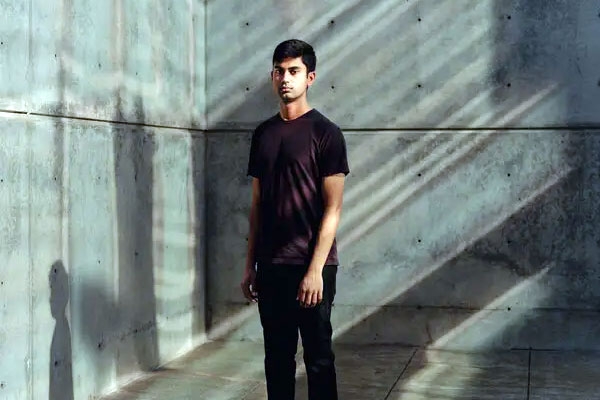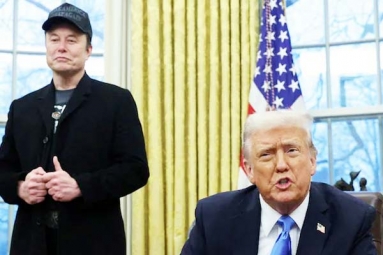
(Image source from: Nytimes.com)
Suchir Balaji, a former artificial intelligence (AI) researcher at OpenAI, was found dead in his San Francisco apartment. This 26-year-old man reportedly died by suicide. “The initial investigation revealed no evidence of foul play,” San Francisco Police Department spokesman Robert Rueka told Forbes. According to Mercury News, Suchir Balaji was found dead in his Buchan Street apartment on November 5. According to his LinkedIn profile, he worked at OpenAI from November 2020 to August 2024. Billionaire Elon Musk, who has a long-standing feud with OpenAI CEO Sam Altman, responded to the news with a cryptic post: "Hmm." OpenAI was founded in 2015 by Elon Musk and Sam Altman. Three years later, Musk left OpenAI and founded another competing startup called xAI. Last month, Musk claimed that OpenAI was a monopoly.
In October, Suchir Balaji claimed that OpenAI violated copyrights. “If you believe what I believe, you should leave the company,” he said in an interview with The New York Times. He also said technologies like ChatGPT are harming the internet. Balaji also wrote about fair use and generative AI in a social media post on X in October. Speaking about four years of experience at OpenAI, including a year and a half at ChatGPT, Balaji concluded: “At first I didn't know much about things like copyright and fair use, but after seeing all the lawsuits against GenAI companies I have come to this conclusion.” With a lot of effort, we have come to the conclusion that fair use is unacceptable for many artificial intelligence products. The main reason for this is that you can create alternatives based on data that you can compete with.
In a blog post, Balaji outlined four factors that determine whether generative AI counts as fair use. These four factors include “the impact of the use on the potential market or value of the copyrighted work.” The fair use test also examines the purpose and type of use as well as the type of copyrighted work, i.e. Four ChatGPT fair use factors support training data. As already mentioned, none of the arguments are fundamentally specific to ChatGPT. Similar arguments can be made for many artificial intelligence products in different areas.







